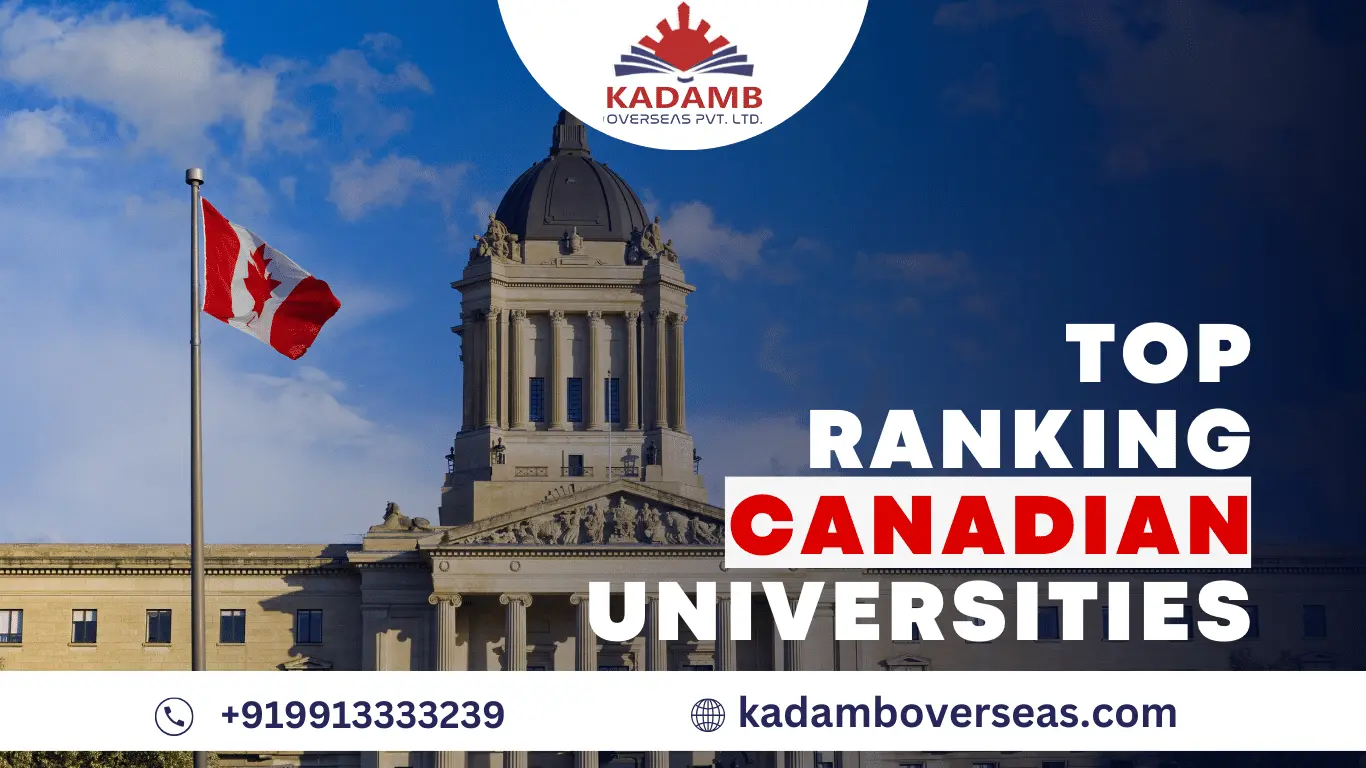Understanding the IELTS Speaking Test
Understanding the IELTS Speaking Test is crucial for anyone aiming to achieve a high score. The test consists of a face-to-face interview with an examiner, designed to assess your ability to communicate effectively in English.
The three parts of the speaking test focus on different aspects of your language skills, including fluency, coherence, pronunciation, and vocabulary usage. Understanding the specific requirements of each part can guide your preparation and help build confidence.
Academic transcripts
Candidates are required to furnish official transcripts from all prior educational institutions, encompassing high school and any tertiary education facilities. These transcripts, documenting academic performance and grades, should be presented in either English or French.
This essential step ensures that universities gain comprehensive insights into an applicant’s educational background, aiding in the assessment of eligibility and academic proficiency. Submission of accurate and complete transcripts is pivotal for universities to make informed decisions during the admissions process.
English language proficiency test results
International applicants must provide evidence of English language proficiency, usually validated through standardized assessments like TOEFL or IELTS. These tests assess language skills, ensuring that non-native English speakers possess the linguistic competence necessary for academic success.
Universities rely on these results to gauge an applicant’s ability to comprehend and communicate effectively in English. Proficiency in the English language is a crucial criterion to guarantee that students can actively engage in coursework, discussions, and other academic activities, fostering an inclusive and effective learning environment.
Letters of recommendation
Most universities mandate letters of recommendation from educators, counsellors, or professionals familiar with the applicant’s academic prowess and personal attributes. These letters offer insights into the individual’s capabilities, character, and potential contributions to the academic community.
Often a critical component of the application process, these recommendations provide universities with valuable perspectives beyond academic transcripts and test scores. They enable a more comprehensive assessment of an applicant’s suitability for the chosen program, contributing to the university’s holistic evaluation approach. Strong letters of recommendation can positively influence admission decisions and reflect the applicant’s qualifications and character.

Personal statement or essay
Prospective students often need to craft a personal statement or essay elucidating their academic aspirations, accomplishments, and motivations for selecting the university. This component allows applicants to articulate their unique qualities, experiences, and aspirations, providing admissions committees with a deeper understanding of the individual beyond grades and test scores.
The personal statement serves as a platform for applicants to showcase their personality, passion for the chosen field, and the distinctive attributes they would bring to the university community. It plays a pivotal role in conveying an applicant’s story, aspirations, and alignment with the university’s values and offerings.
Resume or CV
Applicants are often required to furnish a resume or curriculum vitae (CV) delineating their academic journey, professional experiences, extracurricular involvements, and other pertinent accomplishments. This document offers a comprehensive overview of the applicant’s qualifications, showcasing academic achievements, work experiences, and involvement in activities beyond the classroom.
The resume or CV serves as a succinct snapshot of the applicant’s background, providing admissions committees with insights into their diverse skills, experiences, and contributions. It complements other application components by offering a detailed account of the applicant’s journey, helping universities assess the alignment of their background with the chosen program.
Financial documents
Prospective students often need to furnish financial documents substantiating their ability to cover tuition fees and living expenses during their academic tenure. These documents, including bank statements, sponsorship letters, or income tax returns, serve as tangible evidence of the applicant’s financial capacity.
They play a crucial role in the university admissions process, ensuring that students have the necessary resources to sustain themselves throughout their studies. This requirement aims to guarantee that students can afford the costs associated with education and living in the chosen academic environment, fostering a secure and conducive learning experience.
Passport
Possession of a valid and up-to-date passport is a fundamental prerequisite for admission to a Canadian university. The passport serves as a crucial legal document that not only establishes the applicant’s identity but also determines their legal status while residing in Canada.

It is imperative for prospective students to ensure that their passport is current and valid for the entire duration of their planned stay. This requirement underscores the significance of adhering to legal and immigration protocols, contributing to a smooth and lawful experience for international students pursuing education in Canada.
Visa
Obtaining a visa is often a mandatory step governed by provincial or federal regulations for students planning to study in Canada. This process must be initiated well in advance, ideally immediately upon receiving the acceptance letter from the university.
The student visa application involves complying with specific immigration requirements and providing necessary documentation to facilitate legal entry and residence in Canada for the purpose of education. Taking prompt action on the visa application is crucial to ensuring a seamless transition and compliance with the legal framework governing international students in Canada.
Connect with our country experts at Kadamab overseas education consultants to kickstart your journey toward studying abroad contact us now





